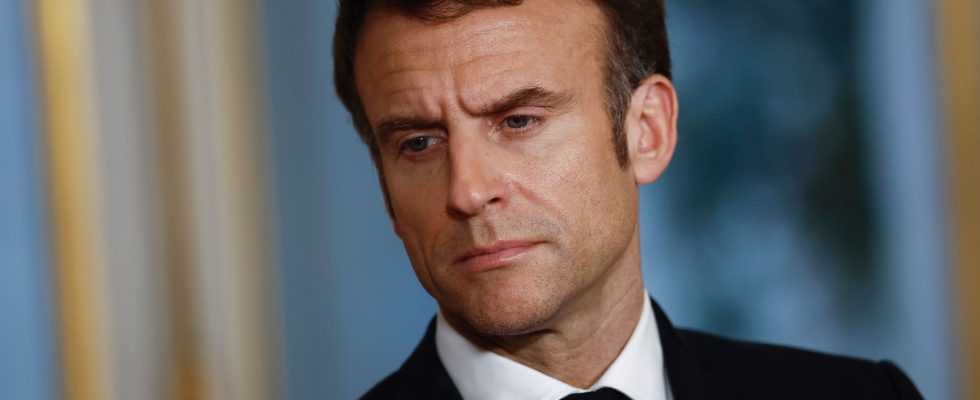In Berlin last week, a former German political leader wondered in front of me about the effectiveness of the French president’s strategy in the face of disturbing French oddities. Despite the current tensions between the two countries, Emmanuel Macron is perceived across the Rhine as the unexpected French ally that Europe needs. But Germany has this particularity: in the government coalition as in the opposition, the majority parties tear each other apart while speaking to each other with respect and civility, and on the basis of a common pro-European conviction.
Quite the opposite of France. Another German singularity is that it is not possible to override the unions or the Parliament, even less the two together, as was the case in the French sequence on pensions. “Impossible with us,” said this former leader courteously. As an old-timer in politics, he “is surprised that he [Macron] has bet on the loyalty of his LR opponents” for a reform that is certainly essential but which the president has made his own symbolic marker: “the probability that the conservative opposition will bring him his votes was less great than the opposite hypothesis”, note- does it scientifically.
Contrary to known Europhobic allegations, the pension reform is not “imposed by Brussels”, but decided by Paris to rectify the French budgetary imbalance, one of the conditions for the credibility of the Twenty-Seven on the international markets. “The markets”: this hated thing, our creditor which we like to forget allows our pensions to be paid and our social state to exist. France cannot continue to claim to be a leading power with a public debt close to 3,000 billion euros, or more than a year of GDP (113% of the wealth created). Nor if it remains, as it is, the tenth country in the European Union in terms of GDP per capita, while beating all OECD public spending records (59% of GDP in 2021). Our European neighbors laugh at seeing France revolt against a change in the legal retirement age from 62 to 64 when most of them have largely exceeded it. Denmark endorsed it at age 70, Germany plans a gradual increase up to age 67, Italy is already there.
Domestic policy is a determining element of foreign policy
Pension reform is needed. Missing it is a disaster. In 2017, the evening of his first victory against Marine Le Pen, President Macron himself had set two objectives for his five-year term: to be “bold”, and “to do everything” so that voters “no longer have any reason to vote for the extremes”. The “audacity” box is checked. The second is lost. But domestic policy is a determining element of a country’s foreign policy. How to be a credible reformer on the international scene when the method used to reform at home ignores elected officials and intermediary bodies and aggravates the crisis of political representativeness? That King Charles III moved his first state visit to Berlin because Paris was unable to receive him indicates the effect of domestic affairs on international authority. At the time of the British sovereign’s speech in the Bundestag on support for Ukraine, France was regressing under the heaps of garbage cans.
Emmanuel Macron is a motor of the European Union. His first election in 2017 was a victory against the national-populist wave, in the wake of the Brexit referendum, and the election of Donald Trump. He understood better than all the others the imperative urgency of a powerful Europe, fixed the axes of a “European sovereignty” to preserve national sovereignties and contributed to the fact that even the reluctant Germany adhered to it.
In 2022, Europeans applauded his achievement of once again defeating the Europhobic National Rally. But the legislative elections, for which the elected president did not mobilize, gave rise to an infantile Parliament, made of an addition of minorities playing their part in solo. The far left is destroying everything, the far right is biding its time. The forced passage through 49.3 provides them with the fertilizer they feed on: disgust with democracy and resentment. If the most European of French presidents leaves the keys to the Elysée Palace to a national-populist, he may have succeeded in a reform, but he will have lost the essentials. Europe too.
